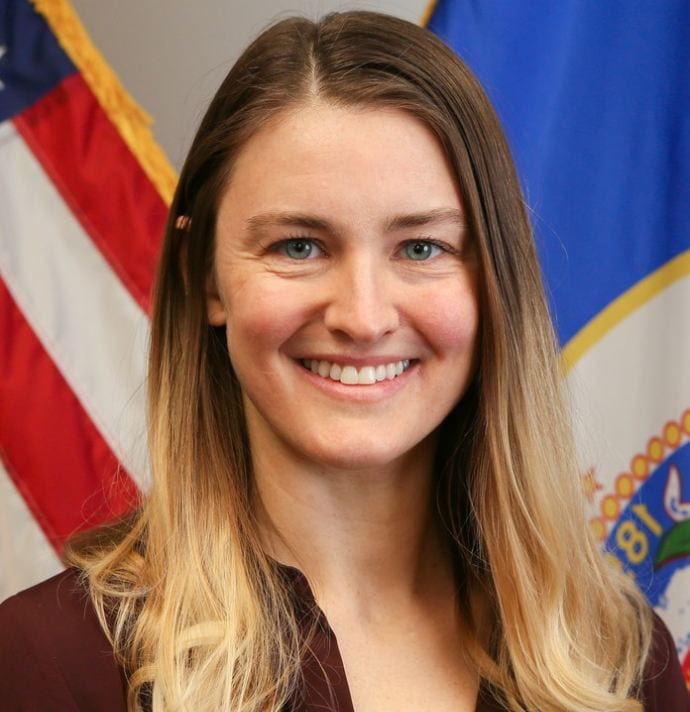Research Support

Ambika Mathur, MS
Senior Research Assistant, Child Trends
Contact Ambika: amathur@childtrends.org
Ambika Mathur, MS, is a senior research assistant in the early childhood development research area at Child Trends. At the University of Maryland she pursued a double major in biology and psychology.
After working in animal neuroscience labs at UMD and the National Institute of Mental Health (NIMH), Mathur conducted fMRI scans examining working memory in healthy adults at George Mason University via the American Psychological Association’s Summer Science Fellowship. She obtained further training as a research fellow at the NIMH, where she collected and processed data examining the influence of anxiety on human cognition.
Mathur conducted her graduate studies in the Department of Biobehavioral Health at Penn State University. Her master’s thesis examined risk and protective factors that may affect associations between early life adversity and pain in adulthood.
Mathur’s content experience includes mental and physical health outcomes associated with stress, particularly childhood adversity, as well as resilience to stress. She is skilled in assisting with the design and implementation of projects, communicating research, teaching and mentoring students, analyzing quantitative data, and writing and copy-editing.

Kara Ulmen, MPH
Senior Research Assistant, Child Trends
Contact Kara: kulmen@childtrends.org
Kara Ulmen is a senior research assistant in the early childhood development area at the Minneapolis office. She completed her MPH in maternal and child health along with a program evaluation minor at the University of Minnesota, Twin Cities.
As a graduate student, Kara worked with the Wyoming Department of Health, Maternal and Child Health Unit, to complete a qualitative analysis to better understand how the WDH could effectively promote the use of Bright Futures Guidelines, developed by the American Academy of Pediatrics. Ulmen gained an in-depth understanding of various home visiting models and their impact on overall parent and child health.
Ulmen has also served as a team lead on a multi-site intervention study that sought to assess the impact of best practice strategies to expand school breakfast programs on student breakfast participation rates, BMI, and overall caloric intake. Home visiting, access to and quality of substance disorder treatment for pregnant women and mothers, and universal preschool are topics of particular interest to Ulmen, with the overall hope to improve early childhood outcomes for all and bridge gaps among marginalized communities.